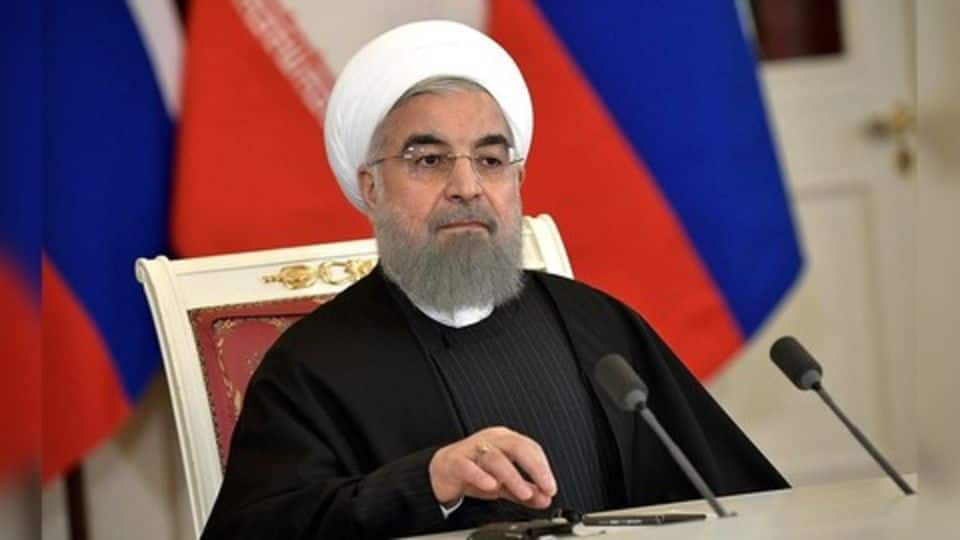
Iranian President's India visit: All you need to know
What's the story
PM Narendra Modi's "love affair" with West Asia continues. After hosting Israel PM Benjamin Netanyahu and making the Palestinians happy, now he is holding "substantive and productive" talks with Iranian president Hassan Rouhani.
Rouhani is on a three-day visit to India.
The two leaders issued a joint statement, signed bilateral agreements and exchanged MoUs.
What did the two leaders discuss? Here's more about it.
Hyderabad
Rouhani chose to begin his three-day visit from Hyderabad
The Iranian president landed in Hyderabad and visited the tombs of Qutub Shahi rulers.
He also interacted with the city's Muslim elite, intellectuals and scholars; this is seen as a strategic move by Iran to emerge as a world leader of Muslims.
Incidentally, Iran-Hyderabad ties go 500 years back, when the Qutub Shahis were more affiliated to Iran's Safavid dynasty, rather than Delhi's Mughals.
Delhi
In Delhi, Rouhani is accorded a ceremonial reception
From Hyderabad, Rouhani proceeded to Delhi, where he inspected the guard of honor at Rashtrapati Bhavan. He met PM Modi and President Kovind. He also paid tribute to Mahatma Gandhi at Rajghat.
Later, India-Iran delegation level talks were on at Hyderabad House. Nine pacts, including double taxation avoidance, visa liberalisation and extradition, were signed. They also spoke about defense, security and regional issues.
Joint statement
What did the two leaders say in the joint statement?
Later, Rouhani-Modi duo unveiled a postal stamp marking India-Iran relations.
Modi welcomed Rouhani as "an Iranian president visiting after 10 years."
He thanked Iran for helping develop Chabahar port, which opens the transit route for India to Afghanistan and Central Asia bypassing Pakistan.
He also expressed India-Iran's wish to see Afghanistan "safe and prosper."
Rouhani, calling India-Iran ties historic, thanked Modi for his hospitality.
Significance
What does Rouhani's visit mean for India-Iran relations?
Rouhani's trip gives us great insight into Modi's deft diplomacy. He has engaged in exclusive bilateral relations with nations at odds with each other.
For India, Iran could be its most valuable partner with respect to connectivity, trade and shared strategic vision in West Asia.
Iran, witnessing rising prices of food/fuel and high unemployment, hopes that India will invest in industrial and energy projects.